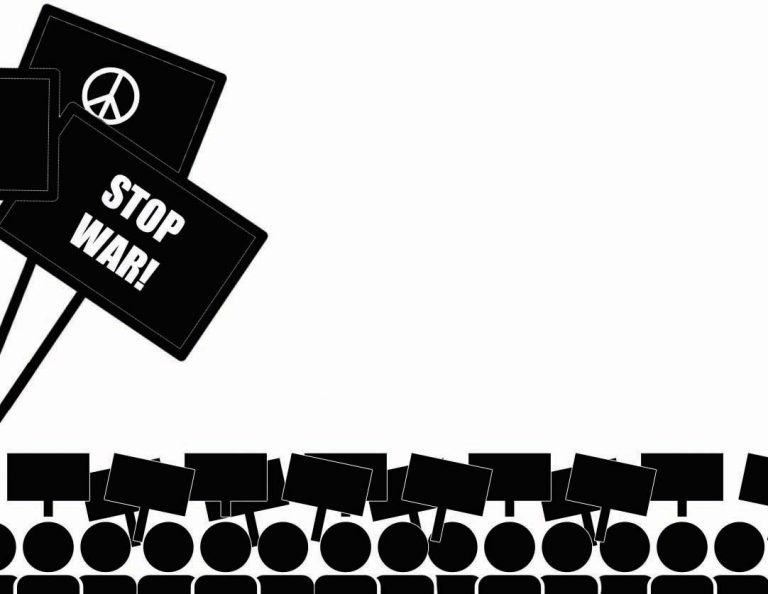The Russian invasion of Ukraine evokes many different emotions. For those who have fled similar conflicts to find a better future in Canada, watching the news from Kyiv and Mariupol can be a traumatic reminder of similar violence they’ve escaped.
For those who have never experienced terror, death, and destruction on their own soil, watching this unprovoked invasion turn into a full scale war can be surreal. And for anyone, like me, of Ukrainian or Russian ancestry, or with family and friends living in those countries, the emotions are magnified.
Whether in print, on television or on social media, we are witnesses to the horrors that Ukrainian citizens and residents face every day. And while we are reminded of the outpouring of humanitarian aid from around the world, we know that much needed military assistance is still woefully inadequate.
My maternal great-grandparents were immigrants to Philadelphia from Ukraine, and while most of our extended family remained in the northeast, my mother moved to Ireland where she met and married my Irish father and where both my brother and I were born. Even after returning to the U.S. and settling in South Florida, our family connection was primarily with Ireland.
My connection to Eastern Europe started with an unexpected turn in the early 1990’s. My father began what would become an almost ten year photographic assignment documenting U.S. healthcare initiatives in the New Independent States of the former Soviet Union. He had always been fascinated by the history and culture of Russia with a particular affinity for Soviet-era art and propaganda.
This was not lost on me and even my degree—Russian and Eastern European studies from Florida State University—focused more on Russia than any other country. I studied the Russian language and accompanied my father on several visits to Russia, Kazakhstan and Kyrgyzstan. I spent a co-op term in Moscow where I developed strong friendships and where I returned on multiple occasions.
I have become virtually multi-cultural—identifying as Irish, American and, now, Canadian, with an attachment to Russian people and the culture I was exposed to. When I hear people speaking Russian, my ears perk up. When I meet Russians I feel comfortable discussing music and films and sharing popular culture. When I moved to Canada and was exposed to family cottages for the first time, I instantly thought, “Dachas!”
When the war broke out, I had many questions and wanted to reach out to my friends in Moscow. But I put it off and then put it off again, instinctively knowing that my inquiries might put them in harm’s way. Here, we are free to send emails, texts and DMs without thinking twice—but not in Russia, not now.
My father emailed one of his friends to ask what it’s like in Moscow. The reply came a few days later, saying that everything was fine. That western media is telling lies about what’s happening.
My dad has known these people for almost thirty years. He knows they don’t support what the Russian government is doing, but their safety and that of their children means not speaking up. They are not involved in the decisions that are happening—and their freedoms to protest are far from those that people casually waste here.
But my friends are in Moscow, not in Kyiv or Marispaul. They have not had to flee their homes. They have not been shot at and their communities, schools and hospitals have not been bombed. They are citizens of a nation that has invaded their sovereign neighbour and while I can’t know what they think, I want to believe they are devastated and consumed by their inability to make this horror stop.
As more stories come out about atrocities committed by Russian soldiers, I feel embarrassed by my connection to that country and its people. It is difficult to separate the two. These acts aren’t being done by the people I know, but how do you reconcile the two?
One of the people I met in Moscow was a girl named Eka. Her mom worked as a translator for my father and I often accompanied them around Moscow. She loved photography and my father shared his knowledge with her. Twenty years later, Eka sent him an email after reconnecting on Facebook. She wrote, “It’s very funny I’m a photographer now. I remember when we were at Red Square you showed me your cameras and I dreamed to have the same. Dreams come true. I wish you come some day and maybe we will make some shots together.”
I hope we get that chance one day to meet again. And in the meantime I am consoled with the belief that the Ukrainian people will survive and thrive once again and that the Russian people I know hope for and believe that too.

